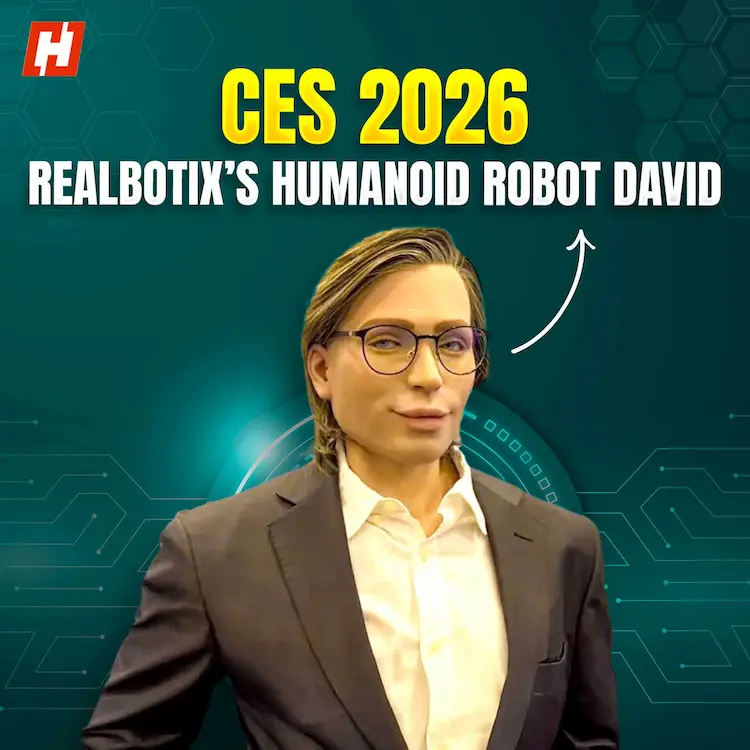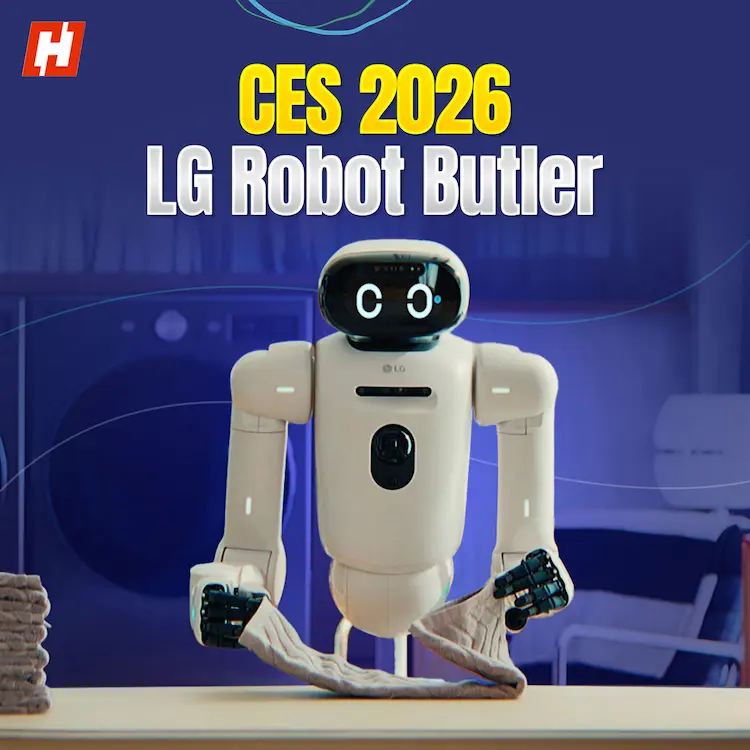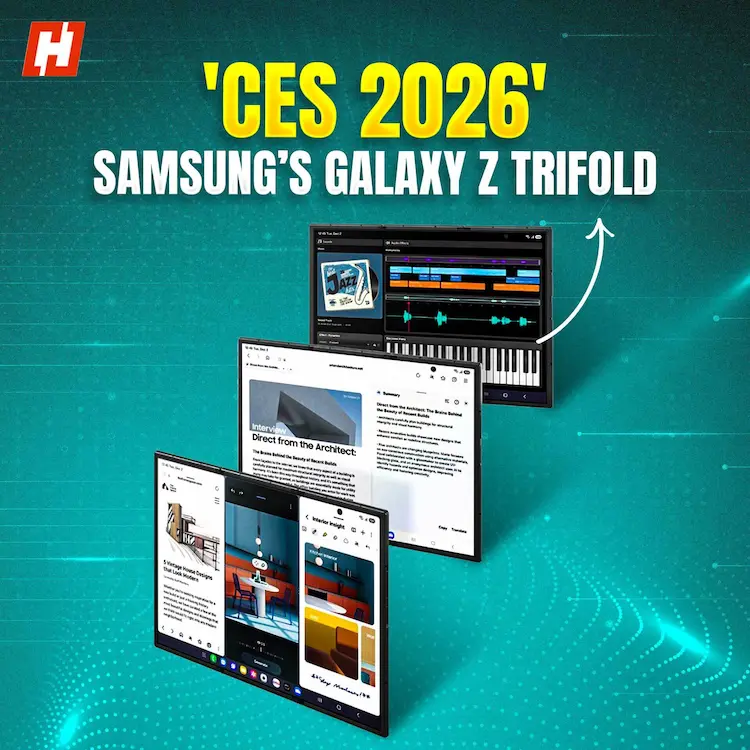From revolutionizing personal computing to being called a 'war profiteer,' Microsoft’s 50th anniversary in 2025 marked a major milestone in its journey.
Founded on April 4th, 1975, by Bill Gates and Paul Allen, Microsoft began by developing software for the Altair 8800. It quickly grew into a global tech force, reshaping computing and business forever.
MS-DOS and Windows made PCs accessible to millions. Xbox brought Microsoft into gaming in 2001, and Azure’s launch in 2008 positioned the company as a cloud leader.
At 50, the focus has shifted— it’s all about AI now.
Copilot, Microsoft’s AI assistant, has just received a major update. It now features Memory and Personalization, allowing it to tailor responses, remember preferences, and even bring back Clippy. It can also perform tasks like booking tickets, finding discounts, or analyzing images from your screen or camera—transitioning from a digital assistant to an AI companion.
Also unveiled was the Muse AI-powered Quake II simulation demo—a showcase of generative AI in gaming. The concept is bold: AI-generated, dynamic gameplay. But the execution raised concerns. The visuals were blurry, controls laggy, and the overall experience felt unfinished. While promising, it revealed how far the tech still has to go.
Beyond performance, the demo also raises bigger questions: can AI ever recreate the soul of classics like Quake? A big part of Quake’s charm is its nostalgia—the hand-crafted levels, the pixelated visuals that are hard to replicate through machine learning alone.
The event wasn’t without controversy either. During a keynote by Microsoft AI CEO Mustafa Suleyman, employee Ibtihal Aboussad interrupted the speech, accusing the company of complicity in the Israeli-Palestinian conflict. In her open letter, she referenced Microsoft’s military contracts and how its AI was reportedly used in surveillance and targeting operations. Aboussad was removed from the venue and later fired, triggering wider conversations about ethics, accountability, and the role of tech in warfare.
Regardless, Microsoft’s legacy stretches from Office to Xbox, constantly shaping the digital era. But as it moves deeper into AI, critical questions remain—about transparency, responsible use, and the consequences of rapid innovation. Whether Microsoft leads the next wave of innovation or stumbles under its own weight, is something that only time will tell.






